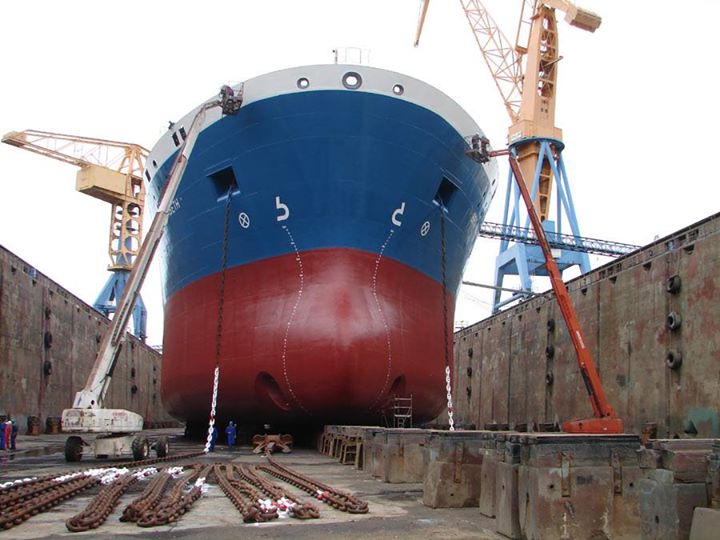

The main aim of any maintenance plan on ship is to get the maintenance and repair work done in the least possible time with minimum costs.
A maintenance plan is therefore followed by every shipping company to ensure that the ship’s machinery maintains a particular standard of operation and safety.


Maintenance plan is an imperative element of ship’s routine operations and also forms an integral component of ship’s maintenance mechanism.
While making a maintenance plan, several aspects are taken into consideration, starting from the International safety management code (ISM) to the guidelines put forth by the machine manufacturers.
What should be the main objectives of a maintenance plan?
As mentioned before, the main objective of a maintenance plan is to make sure that the work is done in the least possible time with utmost efficiency and at optimum cost.
Various points mentioned in the ISM code are taken into consideration, along with company’s procedures and manufacturer’s guidelines.
Other aspects include type of the ship, condition of the ship, age of the ship etc.
How is the maintenance plan made and implemented?
In order to carry out a successful maintenance plan, the following steps are considered in order to form a strategic approach:
While developing a maintenance procedure for a particular ship, the shipping company takes the following points into consideration:
Considering the above mentioned points, a systematic approach to maintenance is made. This is necessary to ensure that nothing is missed while carrying out the maintenance procedure.
Following steps are included in the approach for maintenance procedure:
Maintenance interval forms the most important aspect of the maintenance plan.
The maintenance interval decided in the plan is based on the following factors:
Lastly, following steps are included for writing down the final procedure for planned inspection routines :
Considering the above mentioned points, a systematic and planned maintenance procedure is made which also forms an integral part of ship’s planned maintenance system.
For inspection purpose checklist are often used to ensure that the inspection, test and maintenance are performed according to the guidelines of manufacturers, shipping company, and the ISM code.










We believe that knowledge is power, and we’re committed to empowering our readers with the information and resources they need to succeed in the merchant navy industry.
Whether you’re looking for advice on career planning, news and analysis, or just want to connect with other aspiring merchant navy applicants, The Marine Learners is the place to be.